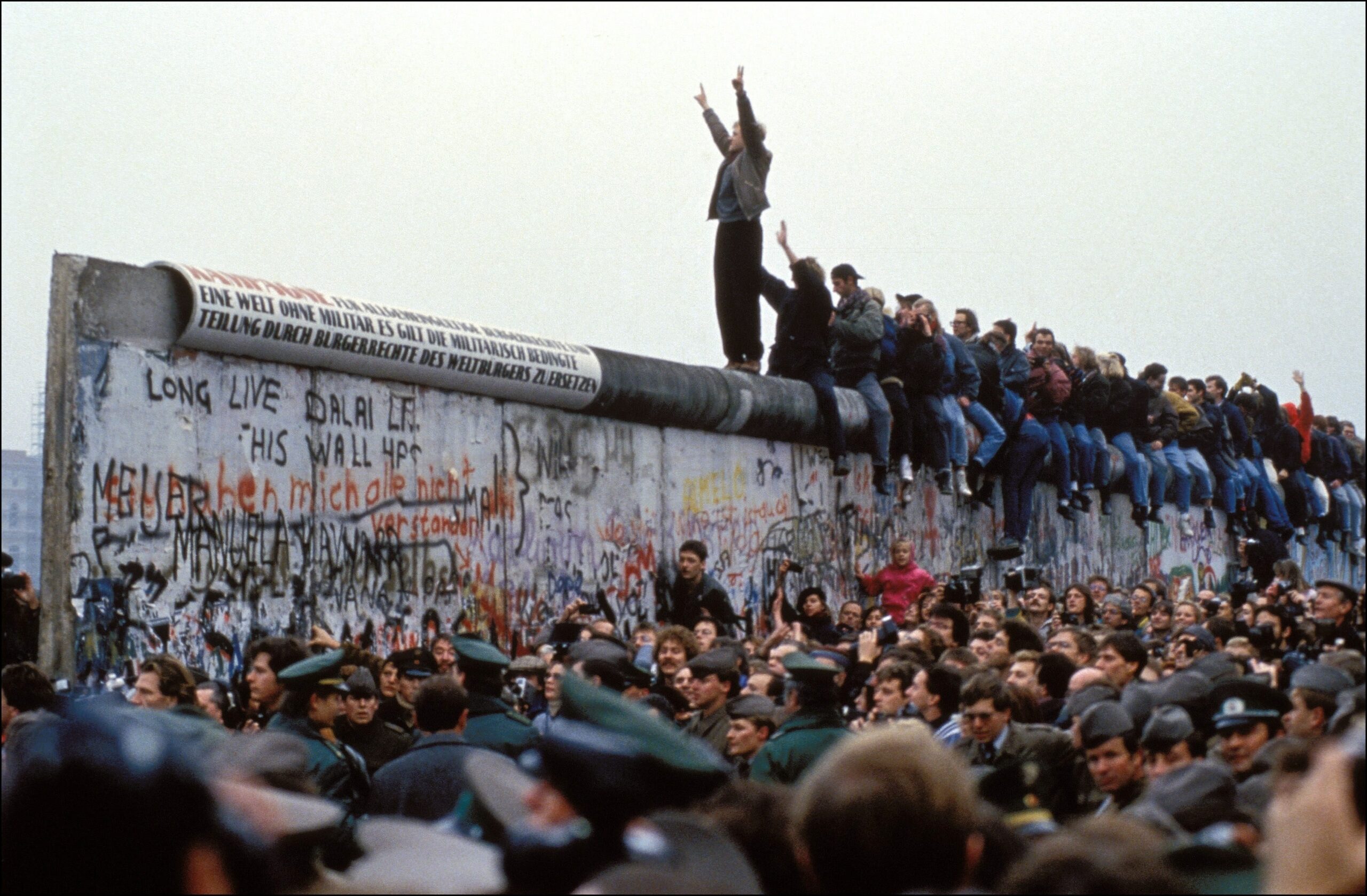Physical Address
304 North Cardinal St.
Dorchester Center, MA 02124
Physical Address
304 North Cardinal St.
Dorchester Center, MA 02124

The Fall of the Berlin Wall: A Turning Point in Modern History
On November 9, 1989, the world witnessed a pivotal moment in history — the fall of the Berlin Wall. For nearly 30 years, this iconic structure symbolized the Cold War, dividing not just a city but an entire world into two ideological blocs. The collapse of the Berlin Wall signified much more than the physical dismantling of concrete; it marked the beginning of the end for the Soviet Union’s dominance in Eastern Europe and the triumph of democratic ideals.
The Origins of the Wall
The Berlin Wall was erected in 1961 during the height of the Cold War. Germany, once a unified nation, had been split into two parts following World War II. The western part of the country, including West Berlin, was controlled by the Allies — the United States, the United Kingdom, and France — while the eastern part, East Germany, became a socialist state under Soviet influence.
Berlin, although physically located in East Germany, was divided into East and West, making it a microcosm of the larger ideological divide between communism and capitalism. As East Germans fled to the West for a better life, the Soviet-backed East German government built the Wall to prevent the mass exodus. The Berlin Wall became the defining symbol of the Cold War, representing the division between the communist East and the capitalist West.
A Changing World: The 1980s
By the late 1980s, the political landscape had begun to shift. The Soviet Union, under the leadership of Mikhail Gorbachev, introduced reforms such as glasnost (openness) and perestroika (restructuring), signaling a willingness to ease tensions and move away from strict authoritarian control. These reforms led to growing demands for change in Eastern Europe, including in East Germany.
Protests and civil unrest were on the rise in many Eastern European nations, with people demanding more freedom and democracy. In East Germany, citizens were increasingly disillusioned with their oppressive regime. The East German government, struggling to maintain control, became unable to quell the growing calls for change.
The Night the Wall Came Down
On November 9, 1989, a misunderstanding sparked the momentous fall of the Berlin Wall. A government spokesperson, in an attempt to address new travel regulations, mistakenly announced that East Germans could cross the border into West Berlin immediately. Thousands of East Germans, eager to reunite with family members and experience the freedoms of the West, surged toward the Wall. Border guards, overwhelmed and unsure of what to do, opened the gates, allowing the masses to flood into West Berlin.
What followed was a symbolic and emotional event — Berliners from both sides of the Wall, many of whom had been separated for decades, began to tear the Wall down, piece by piece. The fall of the Berlin Wall was not just a victory for Germany but a victory for the broader ideals of freedom, democracy, and the power of the people.
The Aftermath and Impact
The fall of the Berlin Wall triggered a series of events that would ultimately lead to the reunification of Germany in 1990. It also marked the beginning of the end for the Soviet Union, which would officially dissolve in 1991. The Berlin Wall’s fall symbolized the collapse of communist regimes across Eastern Europe and heralded the arrival of a new era in global politics.
For the people of Germany, it represented the end of a long period of division and hardship. Families separated for decades could now reunite, and the process of rebuilding a unified Germany began. It was a powerful reminder of the resilience of the human spirit and the enduring desire for freedom.
Conclusion
The fall of the Berlin Wall stands as one of the most iconic moments in modern history. It signified not just the end of a physical barrier but the triumph of human rights, democracy, and the desire for unity. As we look back at this monumental event, it serves as a reminder that even the most seemingly impenetrable walls can come down, especially when the power of people’s voices is united in the fight for a better future.